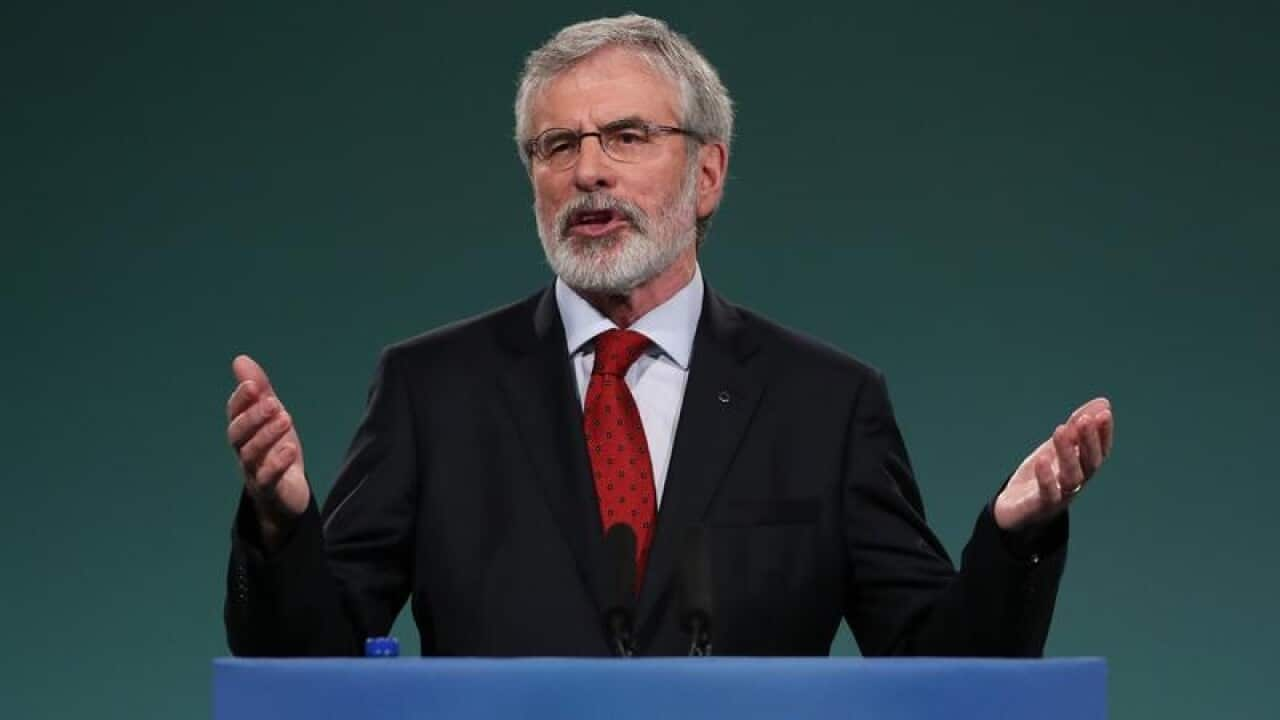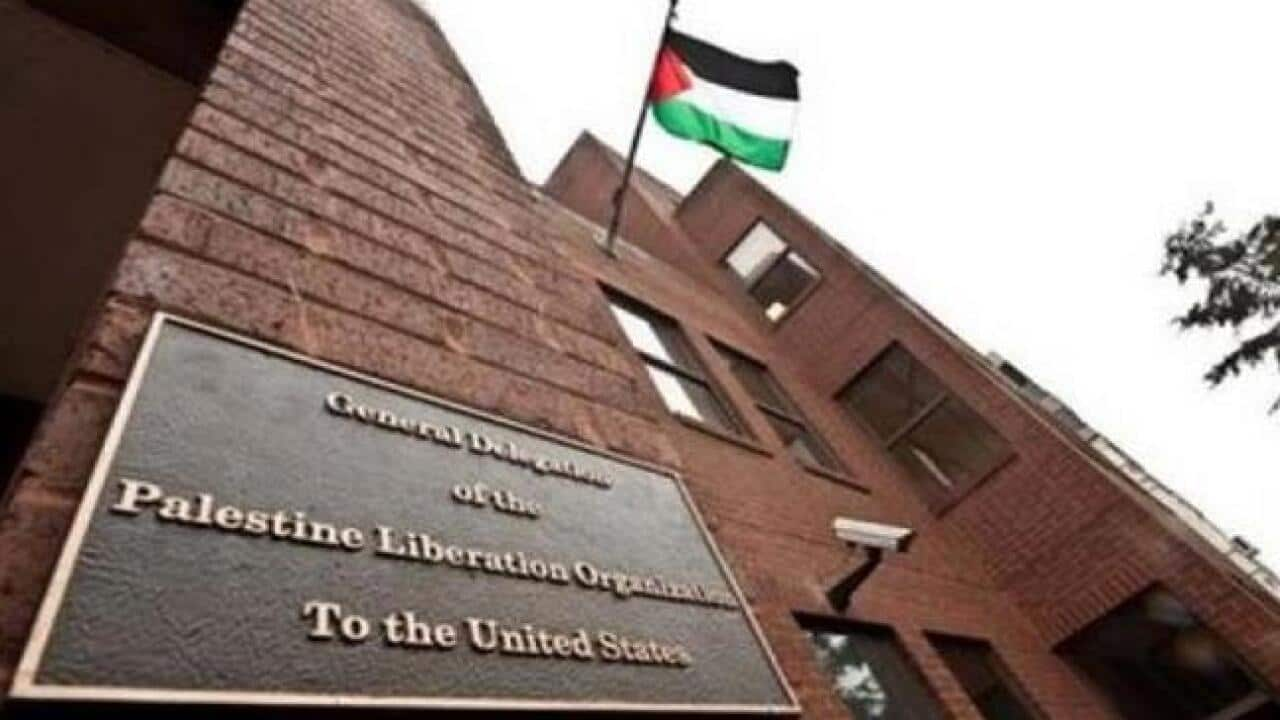Sinn Fein's Gerry Adams, a key figure in the political life of Ireland for almost 50 years, will step down as party leader and complete a generational shift in the former political wing of the Irish Republican Army.
The 69-year-old veteran of his party's struggle to end the partition of Ireland told party members in Dublin on Saturday that a special meeting would be called next year to elect a successor.
The 69-year-old republican veteran who has been party president since 1983, also told delegates he would not run in the next election in the Irish Republic.
Reviled by many as the face of the IRA during its campaign against British rule in Northern Ireland, Adams reinvented himself as a peacemaker in the troubled region and then as a populist opposition parliamentarian in the Irish Republic.
"Republicanism has never been stronger... But leadership means knowing when it is time for change. That time is now," Adams said in an emotional speech to a packed party conference.
"I have complete confidence in the next generation of leaders," he said.
Adams stayed on stage as the 2,500-strong crowd, some in tears, gave him a standing ovation and sang a traditional Irish song about the road home, followed by the national anthem.
Adams will almost certainly hand over to a successor with no direct involvement in the decades of conflict in Northern Ireland, a prospect that would make Sinn Fein a more palatable coalition partner in the Irish Republic where it has never been in power.
Deputy leader Mary Lou McDonald, an English literature graduate from Trinity College Dublin who has been at the forefront of a new breed of Sinn Fein politicians transforming the party's image, is the clear favourite to take over.
That would mean the left-wing party being led on both sides of the Irish border by women in their 40s after Michelle O'Neill succeeded Martin McGuinness as leader in Northern Ireland shortly before the former IRA commander's death in March.
Adams, who will turn 70 next October, has always denied membership of the IRA but accusations from former IRA fighters that he was involved in its campaign of killings have dogged him throughout his career.
Adams was a key figure in the nationalist movement throughout the three decades of violence between Catholic militants seeking a united Ireland, mainly Protestant militants who wanted to maintain Northern Ireland's position as a part of Britain, and the British army.












